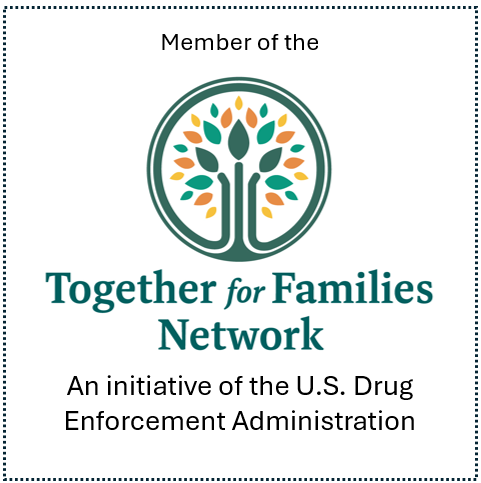Teens and Depression
Ask the Experts | Dr. Renee Catrambone
This article is part two of a 3-part series, Surviving & Thriving the Teen Years with Dr. Renee Catrambone.
Depression among teenagers has become so common that we screen teens for it their well visits. We have seen an increased depression in the world of social media and excessive hours on electronics. Our teens are struggling to find true connection in real-life and the loss is palpable. Everybody has some normal sadness in their lives after the death of somebody you love, a romantic break-up or a friend moving away. So how is a parent to know if this is a normal reaction to a sad event or something that needs intervention?
Sadness can affect your quality of sleep, your energy levels, your appetite and your ability to focus. Some teens have weight loss and others overeat. Someone can still miss their grandmother but after 2 weeks they should be able to go to school, eat dinner, sleep through the night and focus on school work. If they are still struggling after 2 weeks, they might have true depression needing intervention.
Other times there are no triggers of loss and the depression just seems to come. Some of these teenagers are lonely, lack connection with other humans or feel powerless over their future. Teenagers are naturally programmed to start looking outside their family for social connections to be successful in the real world and when not successful it creates a sense of loss. Problems occur when depressed teenagers seek comfort in food, drugs, solitude in their rooms, depressing music and social media. These avenues make things worse. Some teens tell me their parents don’t understand them or don’t believe they are depressed which also makes it worse. Others have said they don’t want to share with them because they don’t want to make their parents feel sad.
When someone is depressed it can feel like they are in a hole in the ground and they know what would help, but they can’t get themselves to climb out. What can parents do? First, accept the emotion completely, without judgment or self-blame. Their depression is not your fault or a reflection of the quality of your parenting but it is your responsibility to get them help. Your child can be depressed and you can be a good parent who provided them with a wonderful childhood all at the same time. Allow the waves of sadness to come to a natural end. Crying does stop and then they are ready to problem-solve together or with a therapist. Be ready to talk when they are ready and not before. Most of us want to stop the sadness prematurely because it is painful to see our child in pain and we don’t want to have them get stuck in that darkness. Then be curious and ask questions? Do you want a hug? What do you miss most about grandma? What will you miss most about the lost relationship? Would you like to speak to a therapist? What would you like from me? Help your child feel empowered to create change. Less social media, good healthy food, exercise, sunlight and connection with people have all been studied and found to be effective in helping depression.
Remember the opposite of depression is not happiness, it is vitality in life activities. If your child discloses suicidal thoughts, is cutting as a coping mechanism or things are not getting better, seek medical attention. Therapy and occasionally antidepressants are needed and can help your child climb out of that hole.
Dr. Renee Catrambone trained at University of Chicago Children’s Hospital and has been in pediatric practice for 25 years. She has a special interest in child mental health and emotional growth. She currently sees patients at Cornerstone Pediatrics.






